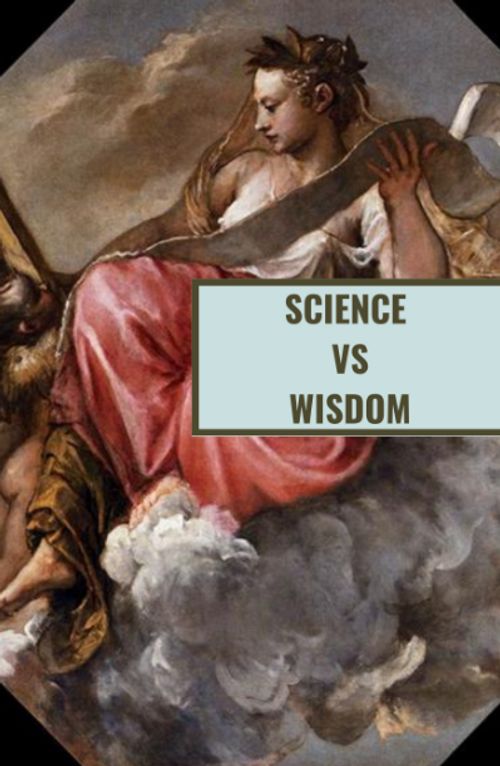The meaning of REAL knowledge
Jun 30, 2022 · 2 mins read
0
Share
Introduction. Science has given us a lot, but what has it taken away? Julius Evola, an Italian philosopher, wrote that there are "hierarchies in knowledge" and scientific knowledge is not at the top. Discover his insights on the difference between science and wisdom, and more! 👇
Save
Share
Today, philosophy & science are “fundamentally socialistic, democratic, & anti-hierarchical.” Evola: "They propose as true only what can be universally recognised, which anyone can assent to, whatever life he allows himself to live, provided only that he has a certain education."
Save
Share
“Democratic, impersonal, and collectivist presuppositions” lie at the basis of all science. Therefore science is hostile to people who are interested in aristocratic and personal truths - in the vision of the heights.
Save
Share
Science only accepts an idea as truth if it can be replicated by different people. But certain truths can only be observed by people of a certain character - just like certain sights are only unlocked for those who’ve climbed the mountain upto a certain height.
Save
Share
Science has become “the creator of unreality, reified words, and empty logical schematics.” Science wants to transcend “individual & living evidence” in favor of “mere probabilities, incomprehensible uniformities, & abstract explanations."
Save
Share
Man today is reduced to a “a shadow that bustles among schemes and programs and intellectual superstructures.” We are “powerless to dominate reality and life itself.” The science we lean so heavily on is nothing but a straw house of abstractions piled on abstractions.
Save
Share
The great battle is between wisdom and science: "Wisdom is as much aristocratic, individual, real, substantial, organic, and qualitative, as science is democratic, social, universalistic, abstract, levelling, and quantitative." Wisdom is knowledge wielded as a sword.
Save
Share
The definition of true knowledge: “To know, according to Wisdom, does not mean to think, but to be the thing known: to live it, to realise it inwardly. One does not really know a thing unless one can actively transform one’s consciousness into it.”
Save
Share
This doesn’t mean wisdom is limited to our sensory data. Evola hints at “the possibility of forms of experience different from the sensory forms of the common man, not given, not normal, which can be reached by means of certain active processes of inner transformation.”
Save
Share
Wisdom, for Evola, is a Sacred Science: “It is not a knowing, but a being, and cannot be taught by books or universities or transmitted by words: to gain it, it is necessary to be transformed, to transcend common life for a superior life.”
Save
Share
0
